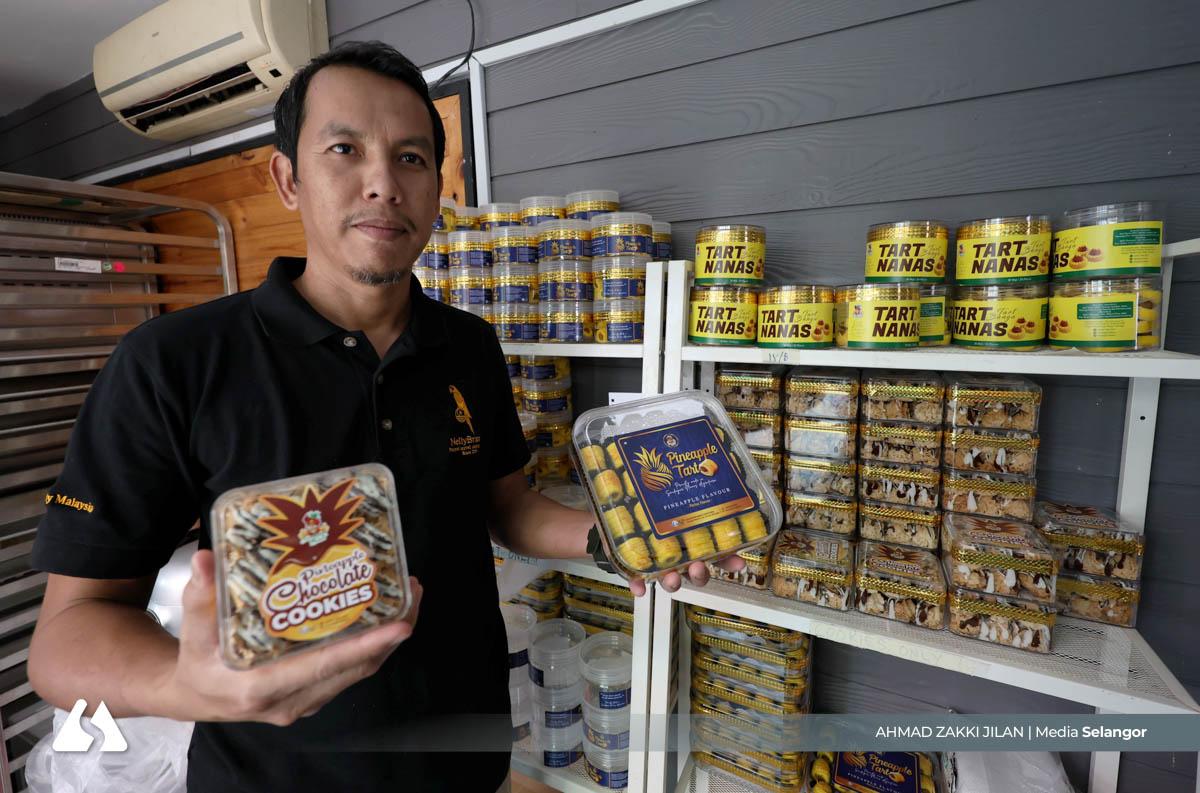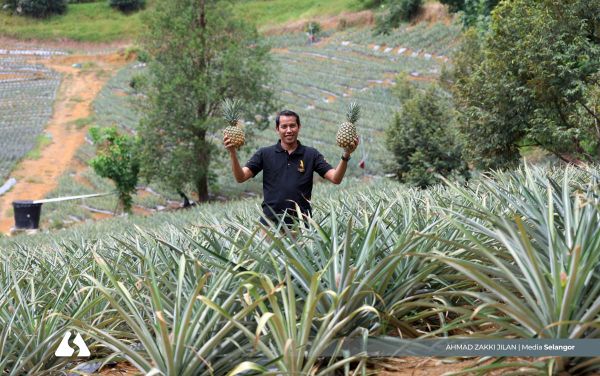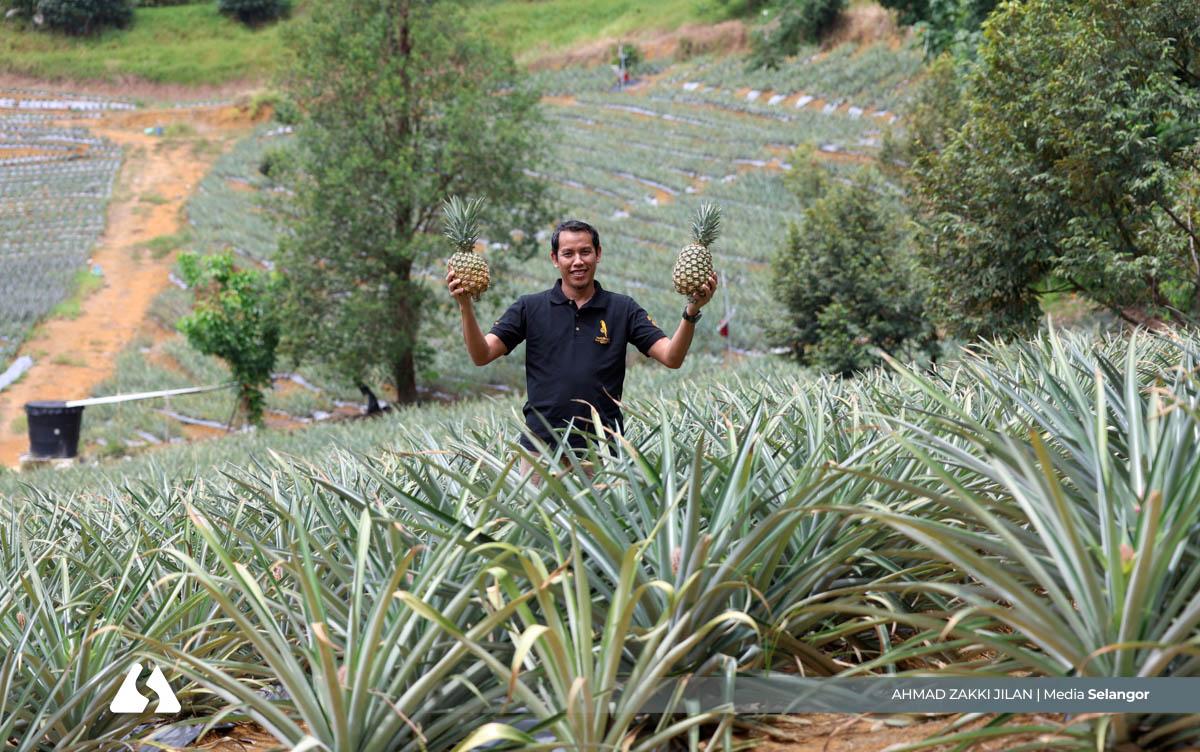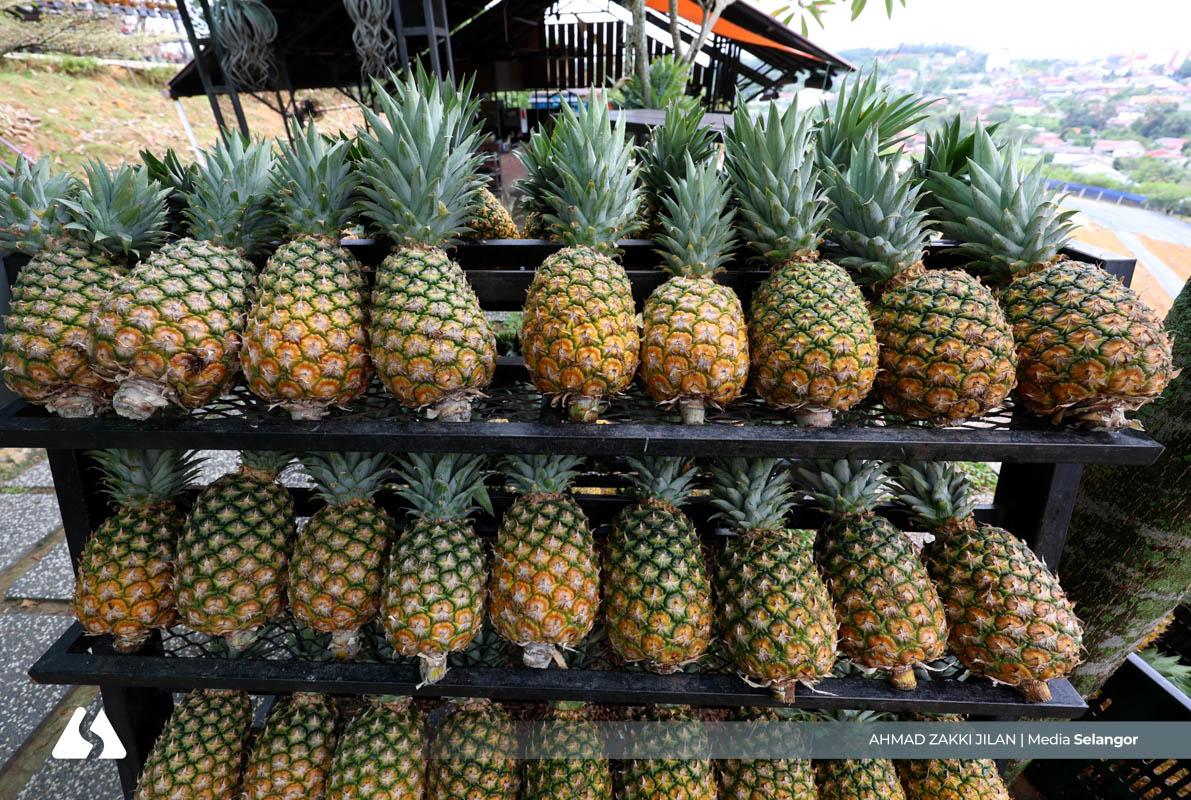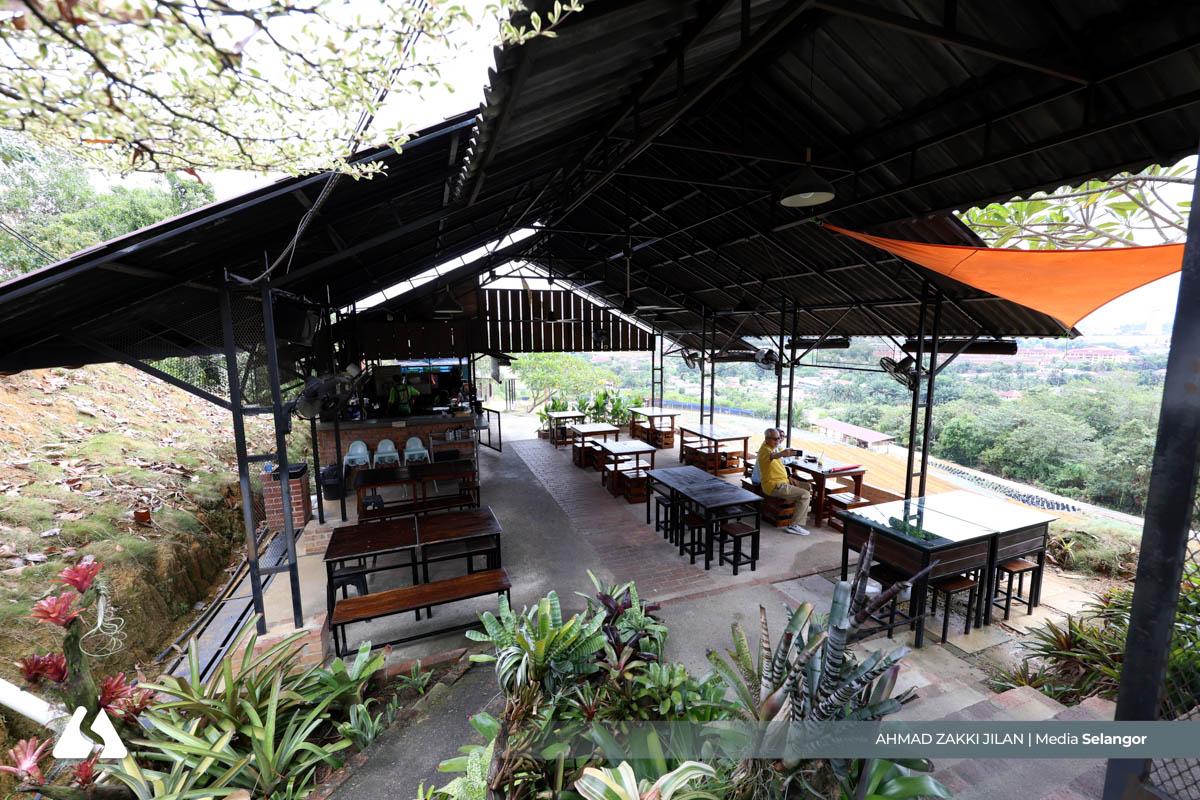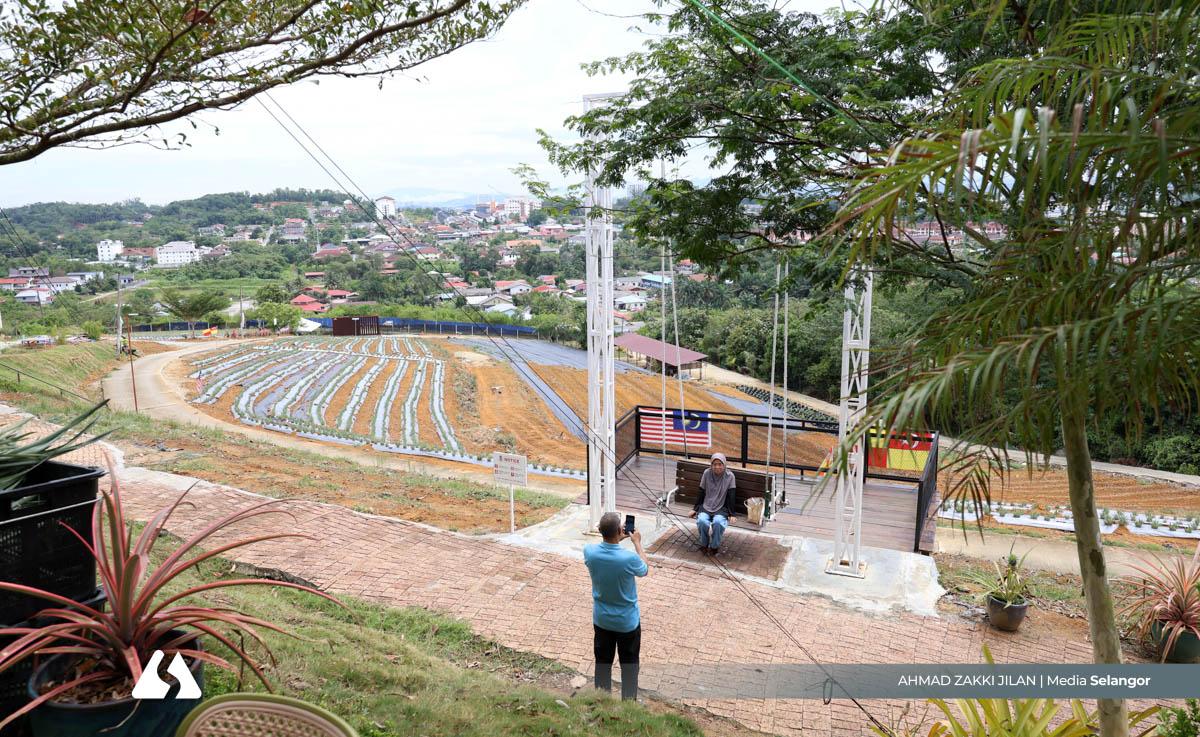SEPANG, Sept 5 — Leaving behind a secure career in 2014 to run a restaurant turned into a difficult chapter for Mohd Noorhardy Mohd Noorzain when the business collapsed, plunging him into depression.
For over a year, his life was in hardship — his car was repossessed, his house had to be sold, and he and his family were forced to live with his in-laws. However, a journey to perform umrah, made possible through the help of a close friend, changed everything.
“I quit my job around 2014 to start a restaurant business. But the economy was not favourable and the venture did not last. I went through depression for about a year.
"I had absolutely no money — my car was repossessed, I had to leave my home, and ended up staying with my in-laws.
“But my best friend helped me rise again. I will never forget him. He took me for umrah.
"After returning, I immediately began selling pineapples at a kiosk. I only made enough to pay back bit by bit,” Noorhardy said.
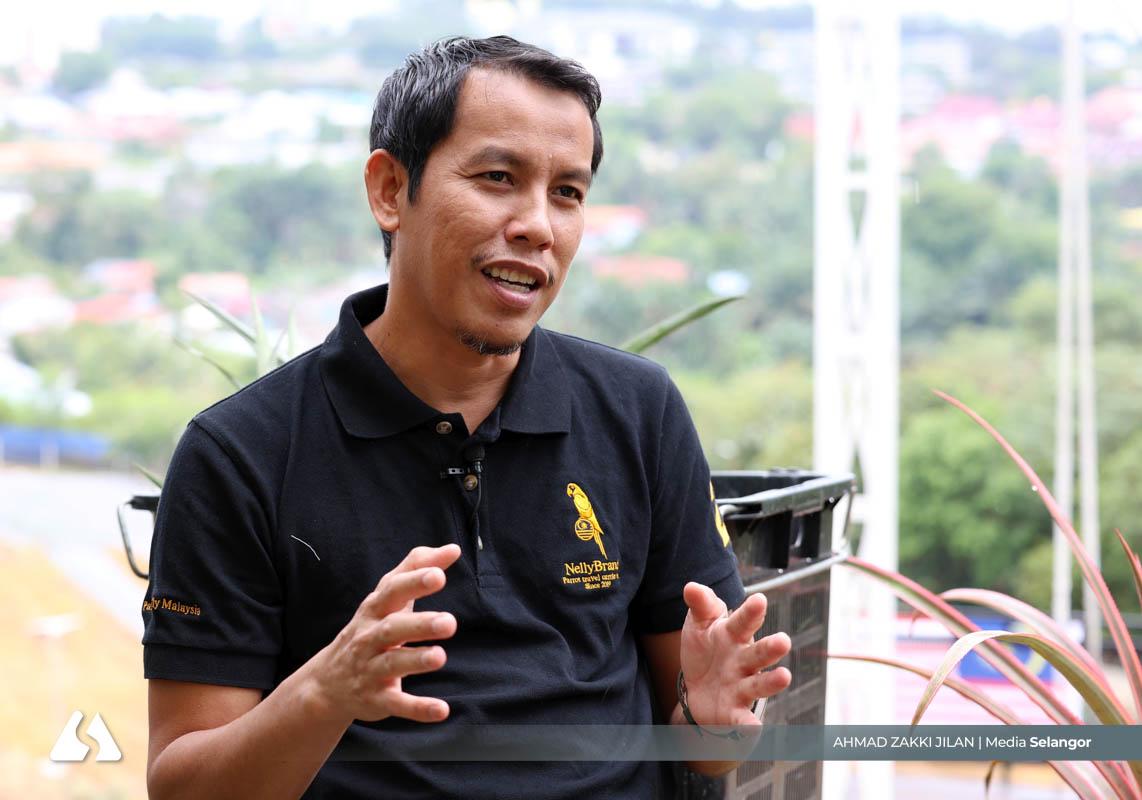
From kiosk to wakaf land farm
From that small kiosk, he began planting pineapples on his father-in-law’s land before expanding into a larger-scale venture. Today, he manages the Saudagar Nanas Agrofarm agro-tourism project on 13 acres of wakaf land owned by Perbadanan Wakaf Selangor (PWS) in Sungai Merab, Bangi.
The 45-year-old former civil servant said farming on wakaf land carries added value not found on ordinary land, as the benefits extend to donors, entrepreneurs, and the wider community.
“When farmed on wakaf land, to me, the benefits multiply — especially for the donor. For example, when I plant pineapples, every plant produces oxygen.
"That reward continues to flow, and most importantly, the donor receives it. And that is just from the plant — not to mention the fruit and much more.
“What PWS is doing is truly commendable. By utilising wakaf land for agriculture, agro-tourism and commercial projects, the good deeds continue for as long as it is in use,” Noorhardy said.
His efforts, supported by the Malaysian Pineapple Industry Board (Selangor), which provided seedling assistance, were recognised when Saudagar Nanas Agrofarm was named Selangor Agro Icon 2022.
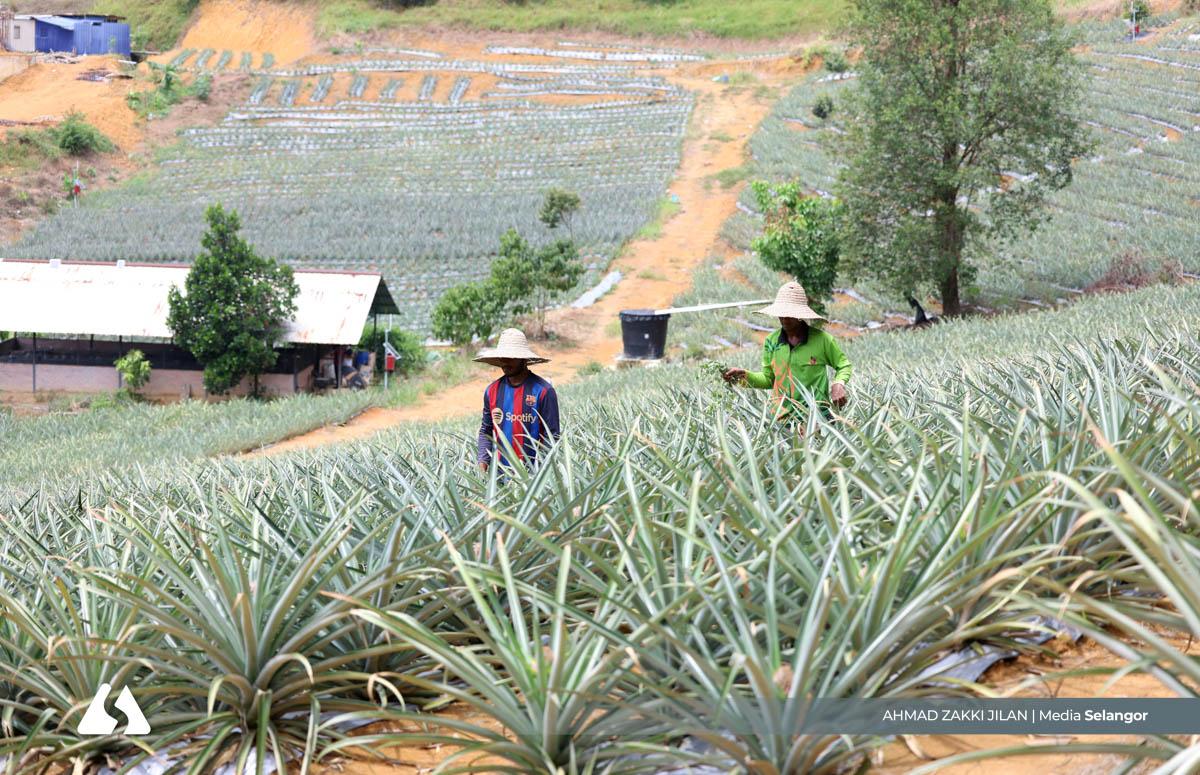
Agro-tourism attraction centred on pineapples
Today, Saudagar Nanas Agrofarm not only produces fresh fruit but also serves as an agro-tourism destination and agricultural learning centre, welcoming visits from schoolchildren, universities, associations, as well as domestic and international tourists — all free of charge.
“We also run a café and bakery offering a variety of pineapple-based food and drinks, including pineapple juice, pineapple coffee, pineapple curry puffs, pineapple fried rice, pineapple sambal, and pineapple ice cream,” Noorhardy said.
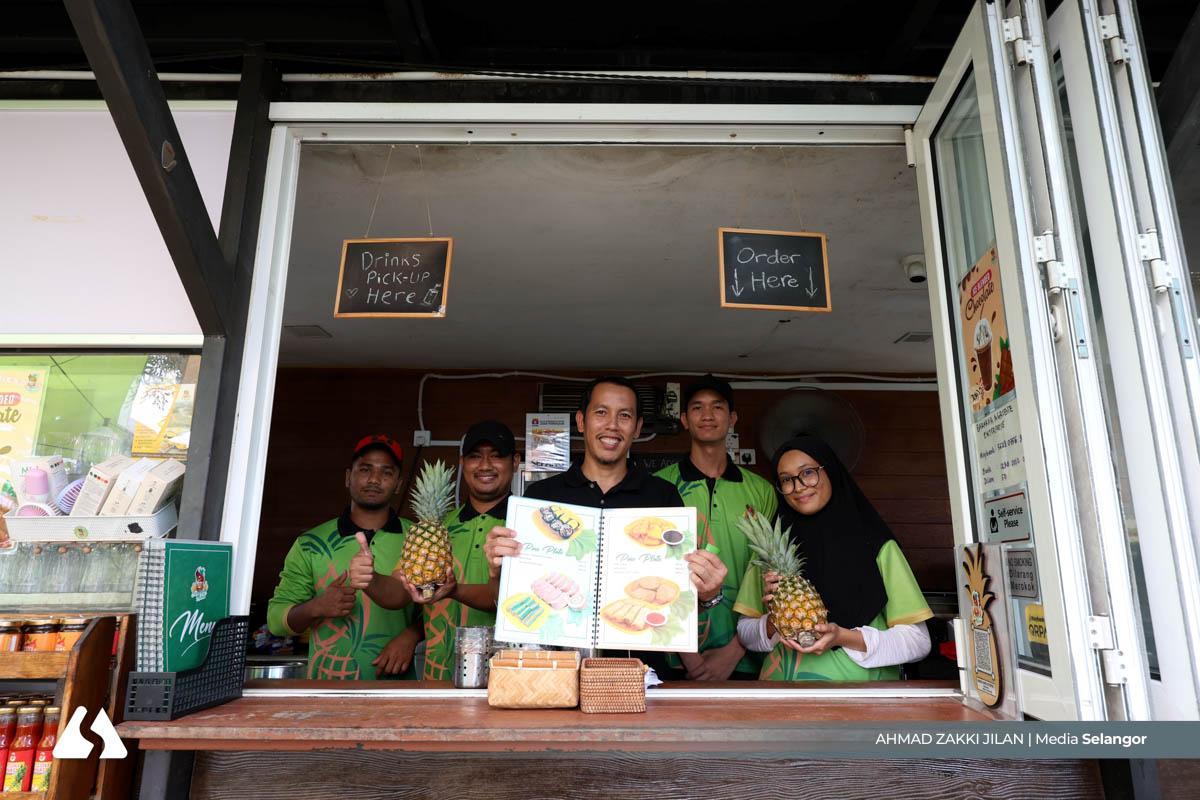
Breaking stigma, passing down benefits
He stressed that the long-held perception of wakaf land being solely for mosques, suraus, or cemeteries must be corrected so that society understands its broader context.
“This stigma — that wakaf land is only for cemeteries, mosques, and the like — needs to be explained to the public. We must cultivate understanding that wakaf has a wide scope.
"When we work the land, the donor continues to receive perpetual reward,” Noorhardy said.
Acknowledging wakaf as a form of ongoing charity, he also intends to dedicate the Saudagar Nanas Agrofarm project itself to PWS so that its benefits can continue to be enjoyed by future generations.
“The structures built here are permanent. So I have already informed PWS that I plan to donate all of this as wakaf in the future,” he said.
